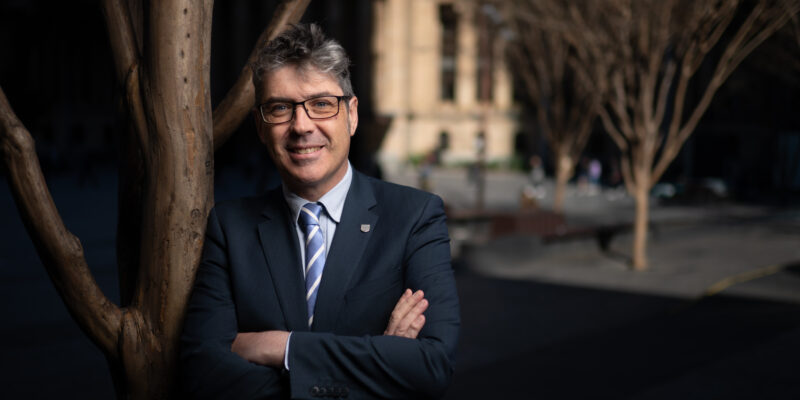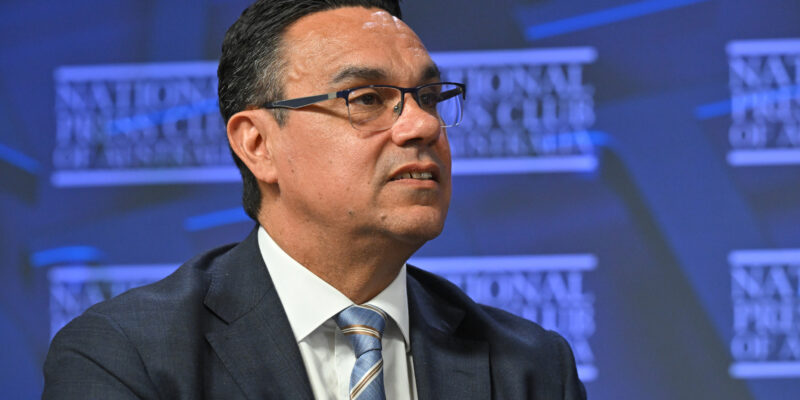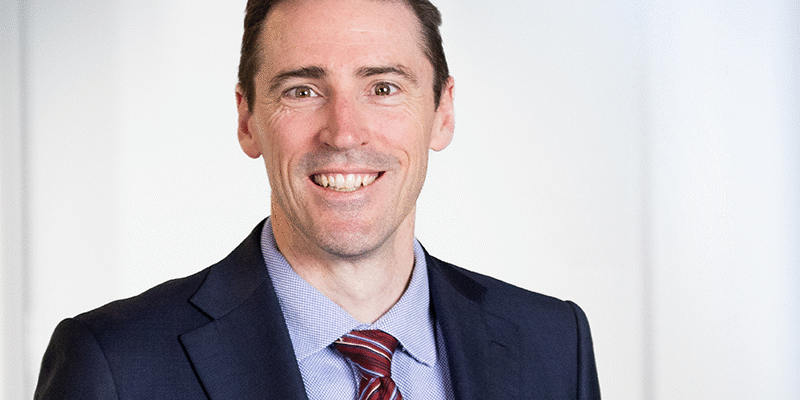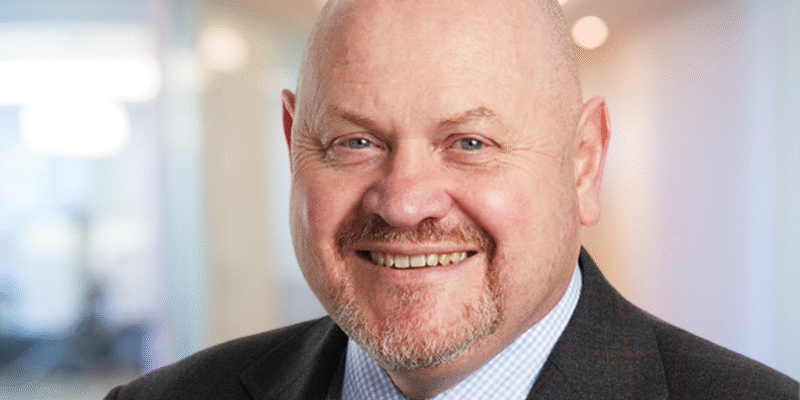Biggest challenge in a decade for lawyers
Lawyers involved in conveyancing will need to ask “uncomfortable questions” of their clients under new anti-money laundering measures. Queensland Law Society chief executive Matt Dunn said the Tranche 2 reform of Australia’s AML legislation was one of the biggest challenges for the profession in a decade. Under the changes, tens of thousands of property professionals will be required to find out much more about their clients in future – and…

LAWYERS involved in conveyancing will need to ask “uncomfortable questions” of their clients
under new anti-money laundering measures.
Queensland Law Society chief executive Matt Dunn said the Tranche 2 reform of Australia’s AML legislation was one of the biggest challenges for the profession in a decade.
Under the changes, tens of thousands of property professionals will be required to find out much more about their clients in future – and be prepared to blow the whistle on suspicious investors.
“Compliance with the Tranche 2 anti-money laundering reforms is one of the biggest challenges we have faced in a decade,” he told Australian Conveyancer.
Question marks on how soon the measures come into force and the fine details are being worked out, but he acknowledges there will be significant ethical and workload challenges.
“You’ve got to do all sorts of things, including making reports on suspicious matters to the regulator,” he added.
“In the conveyancing space, it will force us to ask a lot more questions about clients and do a lot more KYC due diligence than we’ve ever done – really understanding where the client’s money is coming from.
“Asking lots of questions will be uncomfortable and, in some cases, not met well by clients.
“It is going to be a really big and difficult transition for the profession to make – and it will cost a lot too – because that will be a lot of additional work that will need to be done and it’s got to be paid for somehow.”
Training staff and setting up systems to recognise the dangers around money laundering threats is just one of the requirements.
“It is really going to take people time, effort and energy to focus on and think about risk assessments and the basic plans,” he said.
“It’s not a case of buying a subscription to an AML service and then suddenly everything you need to do is magically fixed.
“Firms are going to have to turn their minds to transactions and be conscious of what’s going on in the transactions that they’re facilitating – what is suspicious and what isn’t.”




